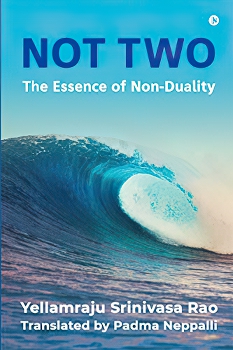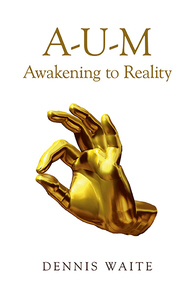Q: How can we be sure that Brahman is transcendent of the level of appearance? How can we rule out the possibility that it is imperceptible due to the limitations of our mind? Could Brahman be similar to that of a higher dimensional being that is non accessible to human minds, but able to be perceived on higher levels of reality? And wouldn’t this then invalidate claims of it being infinite and eternal, given that these are constructs built on the idea that Brahman is non-phenomenal?
Also, how can we make the connection between ishvara (creator), and sakshi (awareful witness)? Are they both referring to the same being? I am confused.
Continue reading

